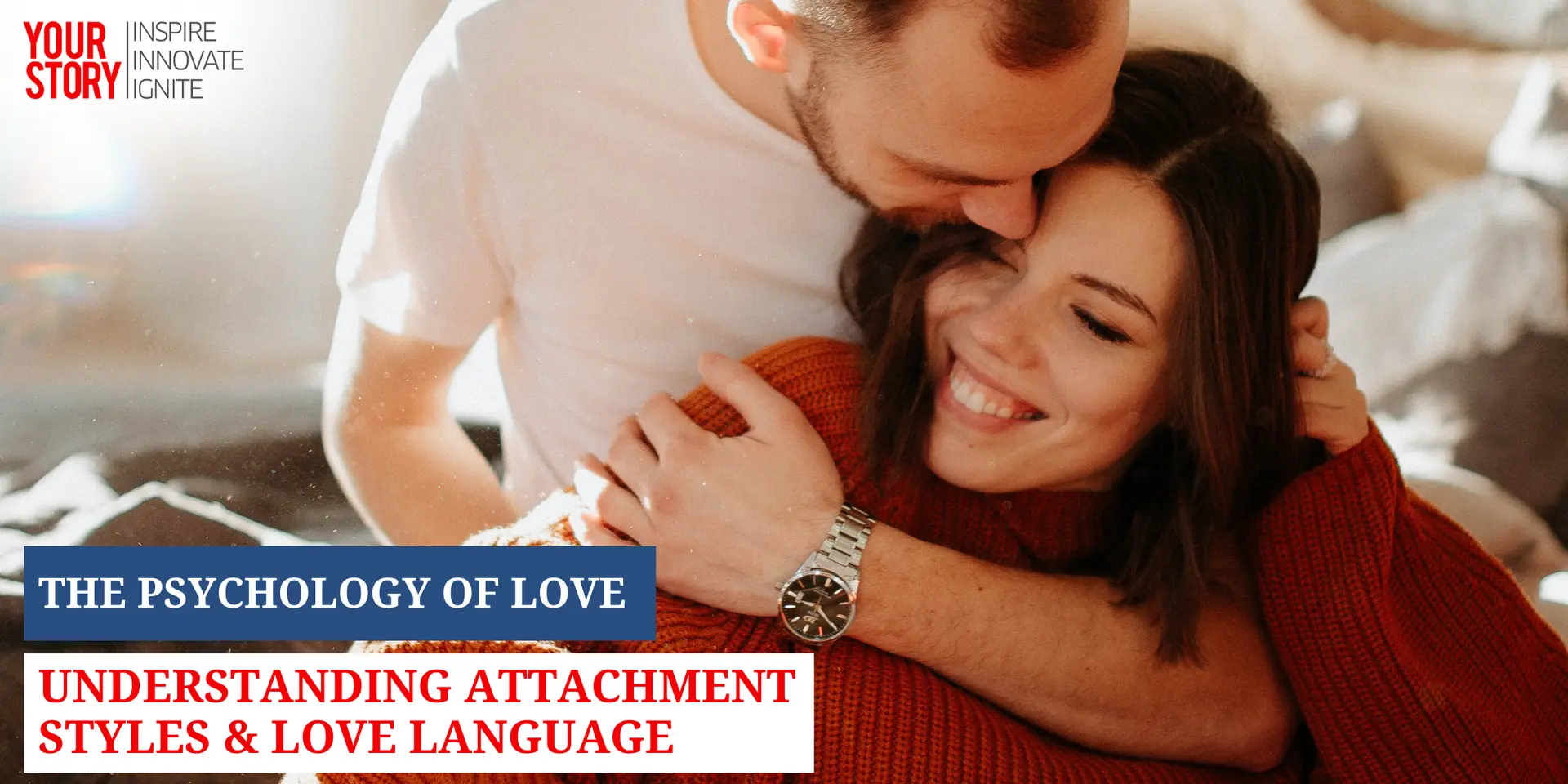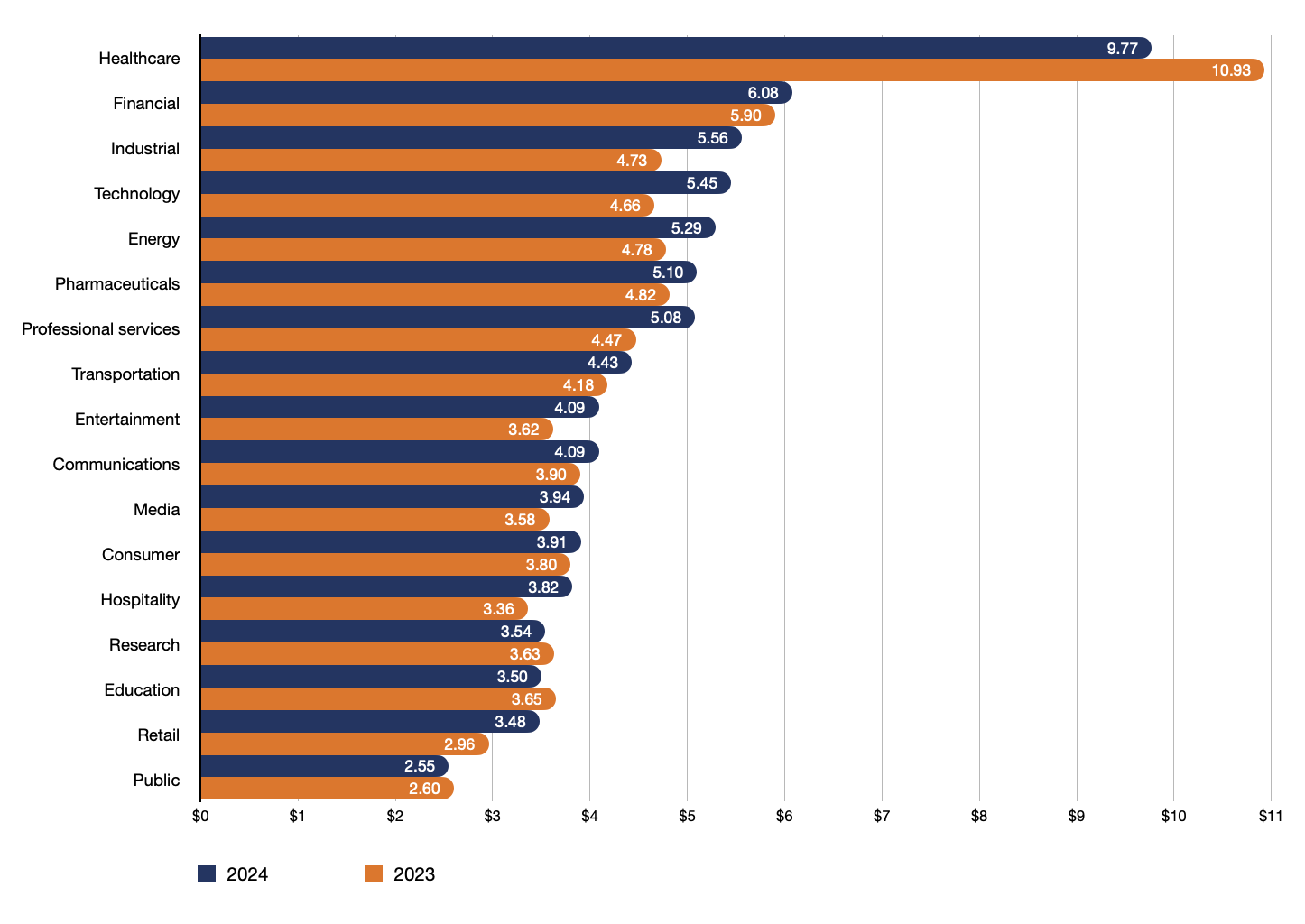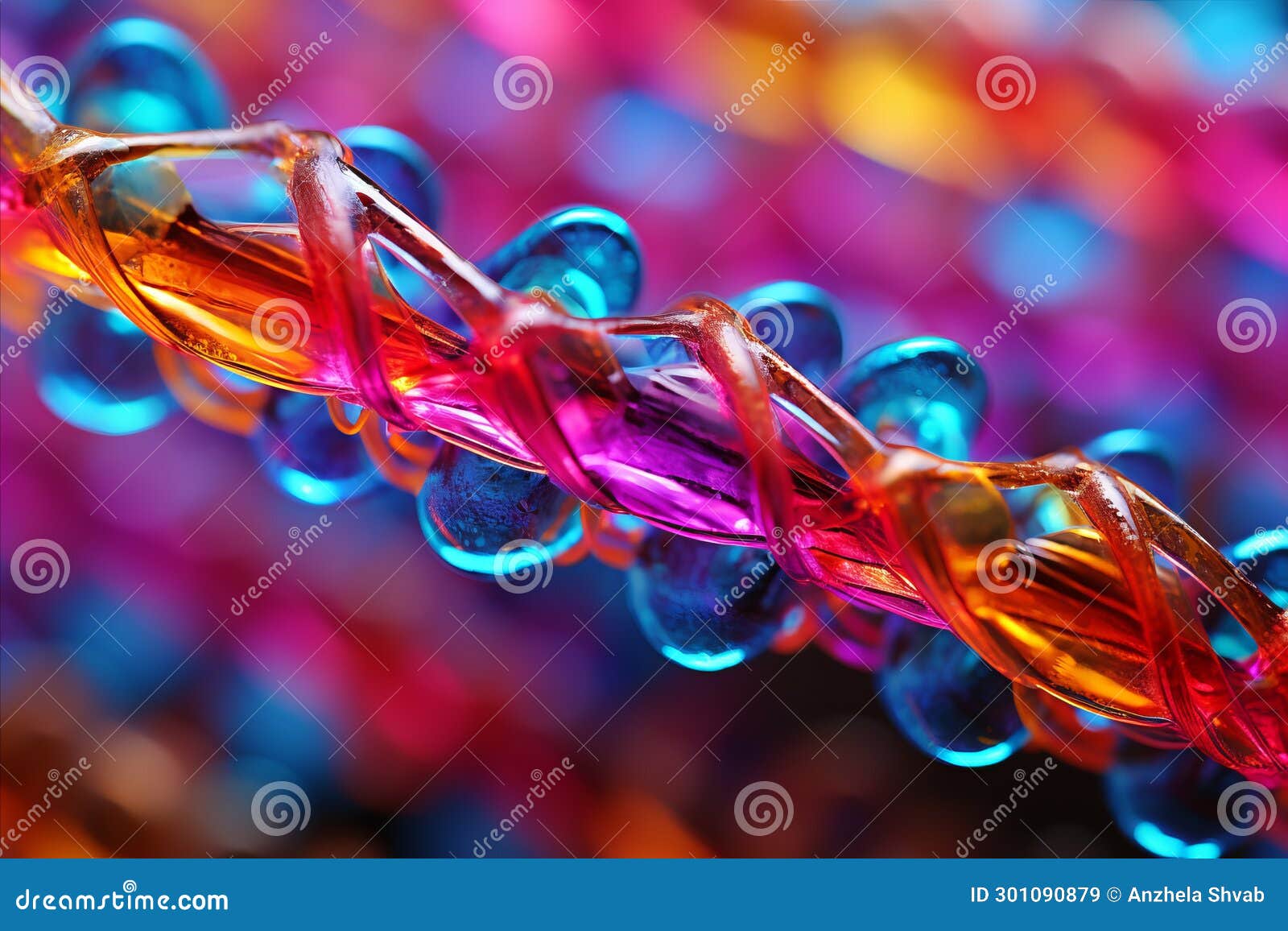Love Monster: A Psychological Examination Of Extreme Love And Attachment

Table of Contents
Defining "Extreme Love" and the "Love Monster" Archetype
Differentiating between healthy attachment and extreme attachment is crucial. Healthy attachment involves a secure bond characterized by trust, respect, and emotional independence. In contrast, extreme love, often associated with the "Love Monster" archetype, is characterized by possessiveness, jealousy, controlling behavior, neediness, and intense emotional volatility. This type of love suffocates rather than nurtures.
A "Love Monster" personality often exhibits the following traits:
- Excessive need for reassurance: Constant validation seeking, often demanding proof of love.
- Intrusive behaviors: Checking up incessantly, monitoring social media, and invading personal space.
- Difficulty respecting personal boundaries: Ignoring limits set by the partner, disregarding individual needs and desires.
- Fear of abandonment: Intense anxiety about the possibility of rejection or separation, leading to clingy behavior.
- Idealization and devaluation cycles: Fluctuating between idolizing their partner and harshly criticizing them.
Examples of extreme love, though often fictionalized, are readily apparent in literature and popular culture. Think of possessive characters in classic novels or the obsessive behavior displayed in certain films. These portrayals, while exaggerated, highlight the potential consequences of unchecked extreme love and unhealthy attachment styles.
Psychological Roots of Extreme Love and Attachment
Attachment theory offers valuable insight into the roots of extreme love. Secure attachment, developed through consistent and responsive caregiving, fosters healthy relationships. However, anxious and avoidant attachment styles, often stemming from childhood experiences, can contribute to extreme love.
- Anxious Attachment: This style results from inconsistent or unpredictable caregiving, leading to a constant fear of abandonment and a desperate need for reassurance.
- Avoidant Attachment: Often stemming from neglect or emotional unavailability, this style leads to difficulty forming close relationships and emotional distancing.
Childhood experiences and trauma play a significant role in shaping attachment styles:
- Early childhood neglect or abuse: Can create deep-seated insecurities and trust issues.
- Inconsistent parenting: Leads to uncertainty and difficulty regulating emotions.
- Witnessing unhealthy relationships: May normalize dysfunctional relationship patterns.
- Genetic predisposition: Some research suggests a genetic component influencing attachment styles.
Low self-esteem and insecurity further fuel extreme love. Individuals with low self-worth may seek validation through intense relationships, leading to clinginess and possessiveness. Personality disorders, such as borderline personality disorder or narcissistic personality disorder, can also significantly contribute to extreme love and unhealthy attachment patterns.
Recognizing the Signs of Extreme Love in Relationships
Recognizing the warning signs of extreme love is vital for both individuals experiencing it and those observing it in others. It's crucial to distinguish between passionate love and unhealthy possessiveness.
Manipulative behaviors and emotional abuse are key indicators:
- Constant checking in: Excessive calls, texts, and monitoring of whereabouts.
- Isolation from friends and family: Attempting to control social interactions and create dependence.
- Controlling finances: Restricting access to money and resources.
- Gaslighting: Manipulating perception to make the victim question their reality.
- Threats and intimidation: Using fear and control to maintain power in the relationship.
These behaviors can severely impact mental and physical health, leading to anxiety, depression, and even physical harm. Understanding the cycle of abuse – escalation, de-escalation, honeymoon phase – can help break the pattern.
Strategies for Healing and Establishing Healthy Relationships
Healing from extreme love requires self-awareness and self-compassion. Recognizing the underlying issues and seeking professional help are crucial steps.
- Cognitive Behavioral Therapy (CBT): Helps identify and change negative thought patterns.
- Dialectical Behavior Therapy (DBT): Focuses on emotional regulation and distress tolerance.
- Attachment-based therapy: Addresses attachment issues and promotes secure attachment styles.
- Assertiveness training: Develops skills to communicate needs and set boundaries effectively.
- Mindfulness practices: Enhance self-awareness and emotional regulation.
Setting healthy boundaries and learning to say "no" are essential for fostering independence and respect. Building healthy relationship skills involves effective communication, empathy, and mutual respect. This includes understanding personal needs and those of a partner.
Conclusion
Understanding the complexities of extreme love and the "Love Monster" archetype is crucial for fostering healthy relationships and personal well-being. By recognizing the signs, addressing underlying psychological issues, and seeking professional help when needed, individuals can break free from destructive patterns and cultivate fulfilling connections based on mutual respect and emotional maturity. Don't let extreme love consume you; take control and build healthy relationships. Learn more about managing and understanding extreme love and its impact on your life.

Featured Posts
-
 Anchor Brewings Closure A Legacy In Beer Brewing Ends
May 21, 2025
Anchor Brewings Closure A Legacy In Beer Brewing Ends
May 21, 2025 -
 Stephane De La Suisse A Paris L Ascension D Une Artiste Pop
May 21, 2025
Stephane De La Suisse A Paris L Ascension D Une Artiste Pop
May 21, 2025 -
 Abn Amro Opslag Alternatieven Voor Online Betalingen
May 21, 2025
Abn Amro Opslag Alternatieven Voor Online Betalingen
May 21, 2025 -
 Barry Ward Cop Roles And The Challenges Of Typecasting
May 21, 2025
Barry Ward Cop Roles And The Challenges Of Typecasting
May 21, 2025 -
 Love Monster A Creative Exploration
May 21, 2025
Love Monster A Creative Exploration
May 21, 2025
Latest Posts
-
 Data Breach Costs T Mobile 16 Million Three Year Security Lapse Results In Fine
May 21, 2025
Data Breach Costs T Mobile 16 Million Three Year Security Lapse Results In Fine
May 21, 2025 -
 16 Million Penalty For T Mobile Three Years Of Unreported Data Breaches
May 21, 2025
16 Million Penalty For T Mobile Three Years Of Unreported Data Breaches
May 21, 2025 -
 Hacker Makes Millions Targeting Executive Office365 Accounts
May 21, 2025
Hacker Makes Millions Targeting Executive Office365 Accounts
May 21, 2025 -
 Unlocking Podcast Potential Ais Role In Transforming Repetitive Documents
May 21, 2025
Unlocking Podcast Potential Ais Role In Transforming Repetitive Documents
May 21, 2025 -
 Federal Investigation Millions Stolen Through Compromised Office365 Accounts
May 21, 2025
Federal Investigation Millions Stolen Through Compromised Office365 Accounts
May 21, 2025
